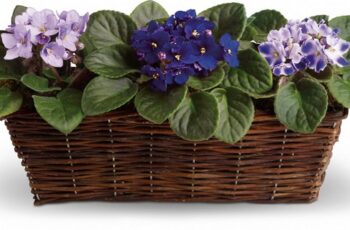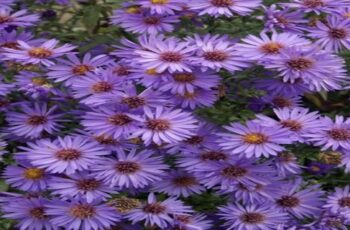Ad Blocker Detected
Our website is made possible by displaying online advertisements to our visitors. Please consider supporting us by disabling your ad blocker.
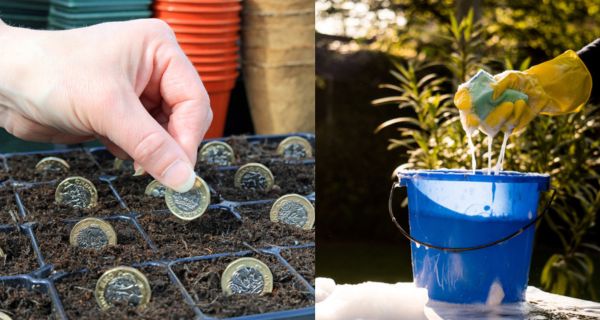
25 Gardener’s Old Wives Tales That Really Work
Organic gardeners are committed to nurturing their plants without resorting to harmful chemicals. They are always on the lookout for effective, natural, and non-toxic methods to keep their plants happy and thriving. In this article, we’ll explore some old gardening tricks along with a few new ones that utilize common household substances. These time-tested remedies may seem peculiar, but they have proven to be effective in maintaining healthy and vibrant plants.
To improve soil:
-
Use your pee to fertilize plants
Believe it or not, organic gardeners have discovered that human urine, rich in nitrogen, can be a valuable fertilizer for plants. To use this natural resource effectively, dilute urine with water (about ten parts water to one part urine) and apply it to the root zone of your plants. This diluted mixture provides the necessary nutrients without the risk of scorching the plants. For tender plants and seedlings, further dilution is recommended.
-
Bury your kitchen waste in the garden
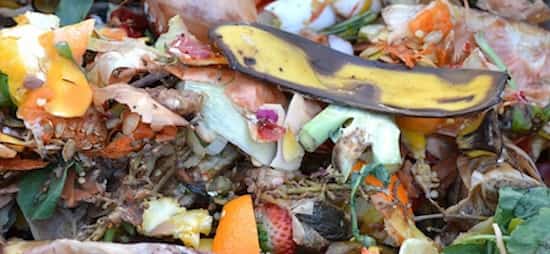
Every bit of kitchen waste can be utilized in your garden, even if you don’t have a compost pile. Dig a long ditch about one foot deep between rows of vegetables and start depositing your daily kitchen waste into it. Cover the waste immediately with soil to prevent any unpleasant smells or fly problems. Over time, the covered ditch will transform into a slightly raised bed where you can plant vegetables the following year. Repeat the process with a new ditch for future waste.
-
Weed tea as fertilizer
Turn weeds into useful fertilizer by creating weed tea. Cut up the weeds and soak them in a tub of water exposed to sunlight. After a few days, you’ll have nitrogen-rich green tea that can be used as a soil fertilizer or foliar spray. Comfrey leaves, specifically the Bocking 14 cultivar of Russian Comfrey, are excellent for making natural fertilizers and can be used in the same way.
-
Vinegar as a weed killer
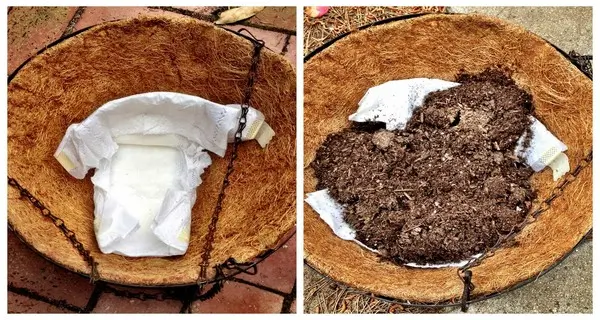
Vinegar serves as an environmentally friendly alternative to chemical weed killers. Fill a spray bottle with vinegar and directly apply it to the weeds on a hot, sunny day. The acidic properties of vinegar will scorch and eliminate the weeds within a few days. Afterward, water the area to remove any excess acidity or sprinkle baking soda on the soil to neutralize it.
-
Add oyster shells and eggshells to your garden beds
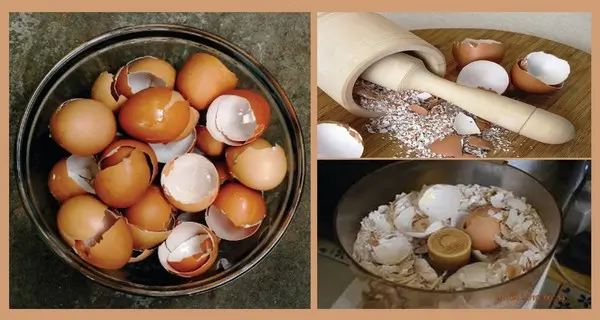
Crushed oysters and eggshells can act as slow-release fertilizers, enriching your garden soil naturally. Crush the shells as finely as possible and use them around plants that thrive in alkaline soil. The calcium carbonate present in the shells helps maintain soil alkalinity, ensuring healthy plant growth.
-
Adjust pH with wood ash and coffee grounds
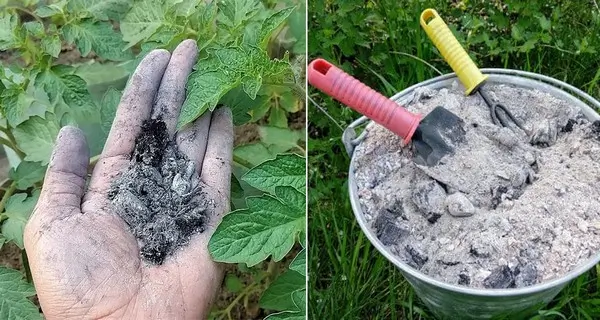
Different plants have varying pH requirements. To cater to the pH needs of your garden, consider using wood ash and coffee grounds. Wood ash from stoves and fireplaces can alkalize the soil for plants like asparagus, broccoli, beans, and beets. Coffee grounds, on the other hand, are beneficial for acid-loving plants such as roses, azaleas, and rhododendrons.
To promote plant health:
-
Play music for your plants
Surprisingly, plants respond positively to music. Plant biologists have conducted studies on the effects of music on plant growth and observed increased growth when exposed to music. Plants even seem to lean towards the speakers playing the music they prefer. Classical music has shown particularly favorable results, while rock music has been less appealing to plants. Vineyards in South Africa and Italy have implemented music playing to aid grapevine growth and maturity.
-
Drive a nail into a tree to stimulate flowering
An old practice suggests that driving a nail into a tree trunk can stimulate flowering. While this may sound unusual, the theory behind it is that the stress caused by the nail triggers the tree to divert energy toward reproductive processes, including flowering. However, it’s important to note that this method should be used sparingly and with caution, as excessive damage to the tree can be harmful.
-
Use banana peels to boost potassium levels
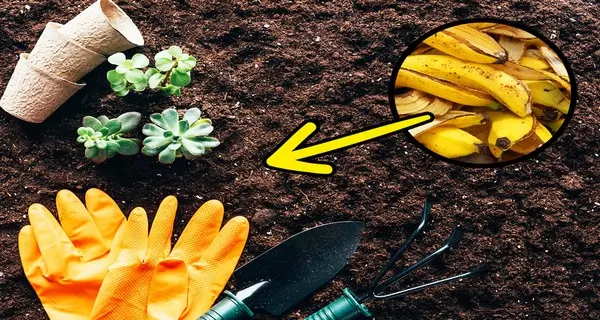
Banana peels are a great source of potassium, which is an essential nutrient for plant growth and development. Instead of discarding banana peels, bury them near the base of plants or chop them into small pieces and mix them into the soil. Over time, the peels will decompose and release potassium, benefiting the plants in your garden.
-
Create natural pest deterrents
To deter pests without resorting to chemical pesticides, you can use certain natural substances. For instance, crushed garlic cloves or garlic spray can repel insects such as aphids and caterpillars. Similarly, planting marigolds around your garden can help deter pests due to their strong scent. Additionally, a mixture of soap and water can be used as a natural insecticidal spray to control soft-bodied pests like mealybugs and whiteflies.
